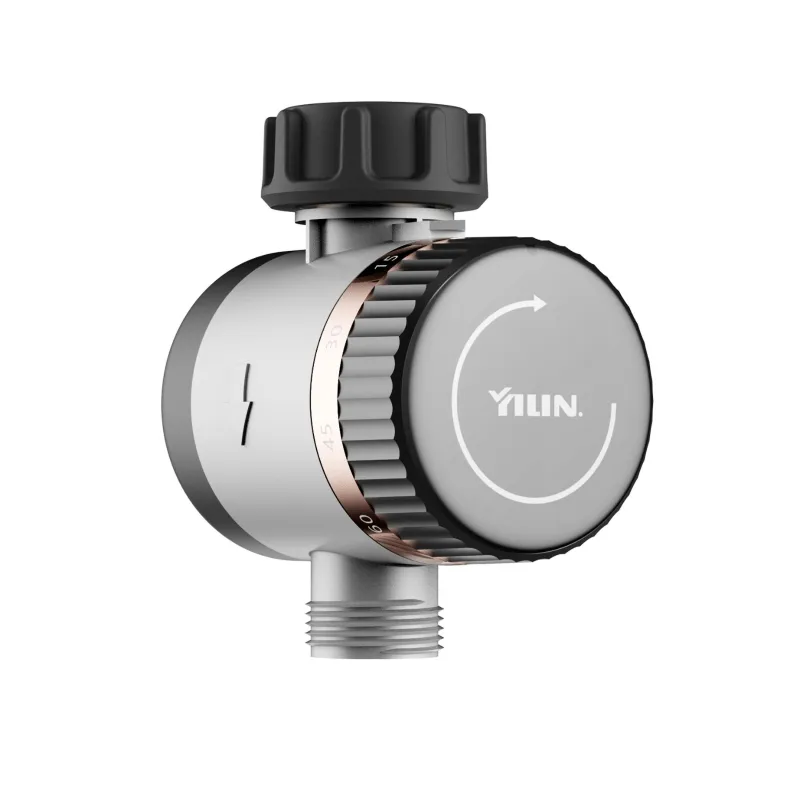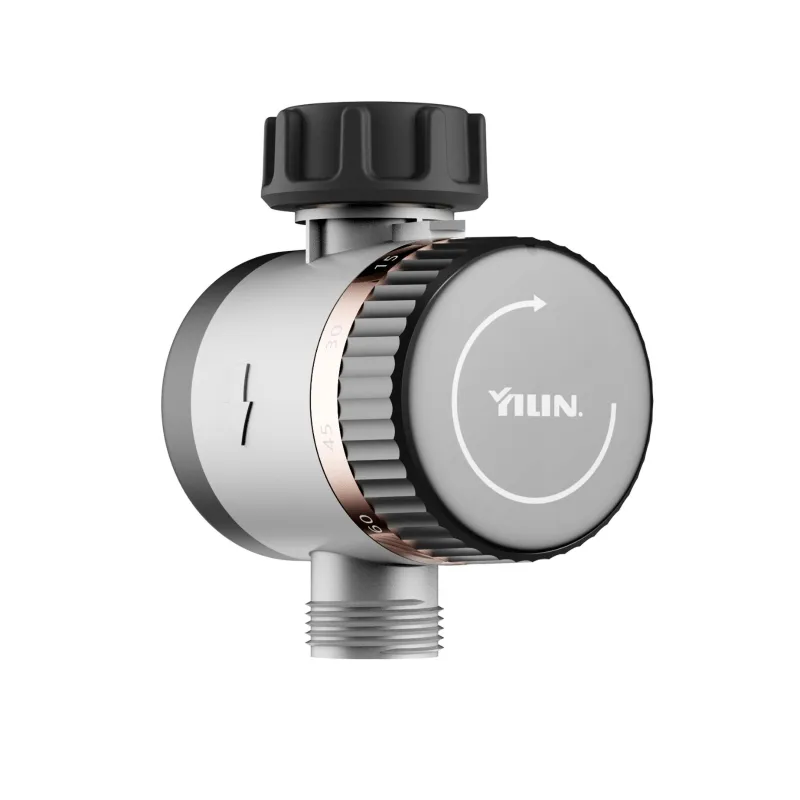práticas de jardinagem sustentável
Práticas de jardim sustentável representam uma abordagem holística para cultivar plantas e manter espaços ao ar livre enquanto minimizam o impacto ambiental. Essas práticas integram métodos tradicionais de jardinagem com tecnologias modernas ecológicas para criar ecossistemas auto-sustentáveis. Componentes-chave incluem a conservação de água por meio de sistemas de irrigação eficientes, coleta de água da chuva e seleção de plantas resistentes à seca. A gestão do solo concentra-se em compostagem natural, vermicompostagem e métodos de fertilização orgânica que melhoram a saúde do solo sem aditivos químicos. A implementação de fontes de energia renovável, como ferramentas movidas a energia solar e luzes de crescimento LED, reduz a pegada de carbono enquanto mantém a produtividade do jardim. Sensores inteligentes e sistemas automatizados monitoram a umidade do solo, níveis de nutrientes e saúde das plantas, permitindo alocação precisa de recursos. A biodiversidade é promovida através do cultivo associado, integração de espécies nativas e criação de habitats para vida selvagem. A redução de resíduos é alcançada por meio de compostagem, reciclagem de materiais e técnicas de manejo de pragas sustentáveis que evitam pesticidas nocivos. Essas práticas também incorporam princípios de permacultura, garantindo sustentabilidade a longo prazo e reduzindo os requisitos de manutenção enquanto maximizam a produção e os benefícios ambientais.

















